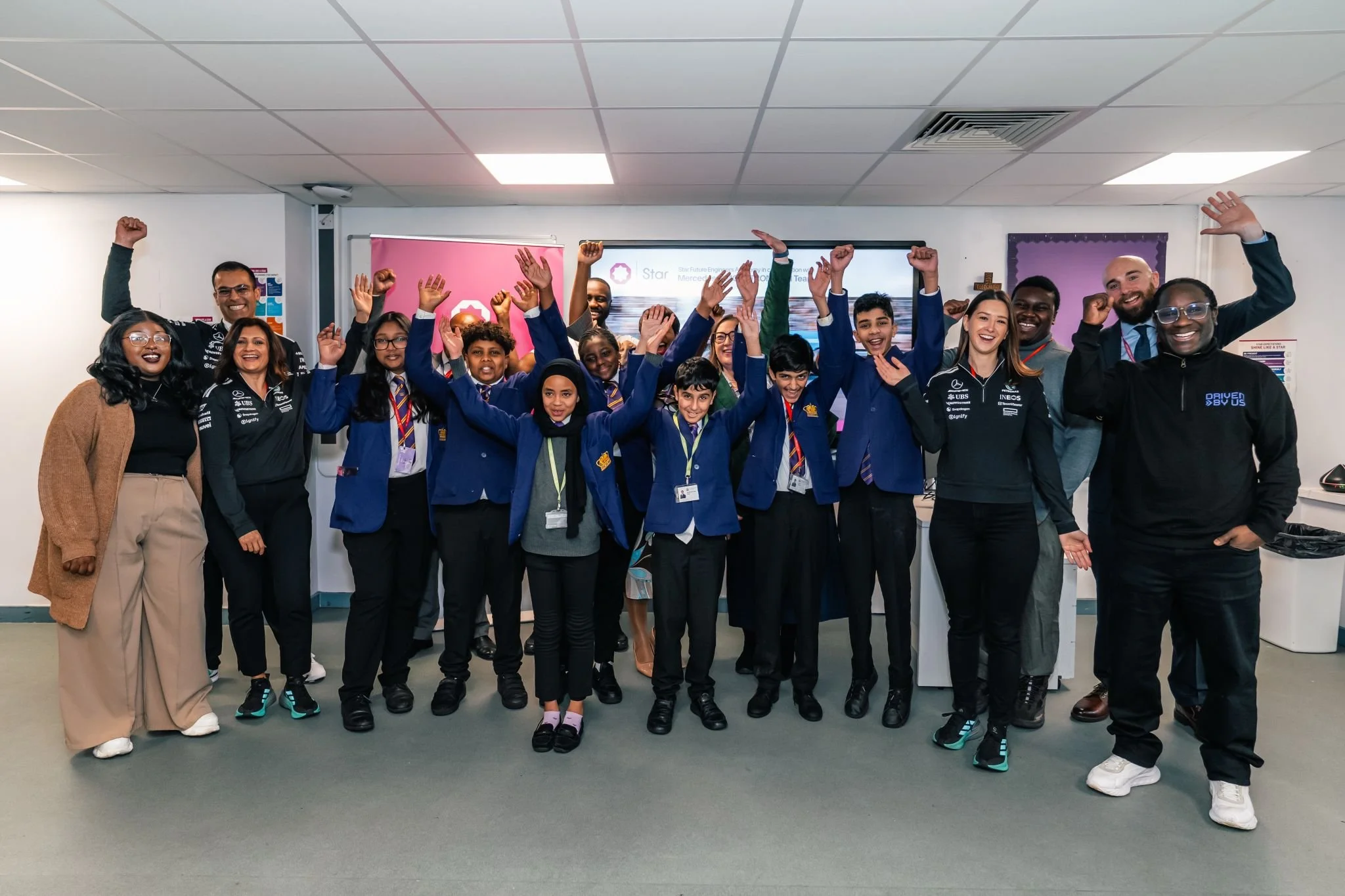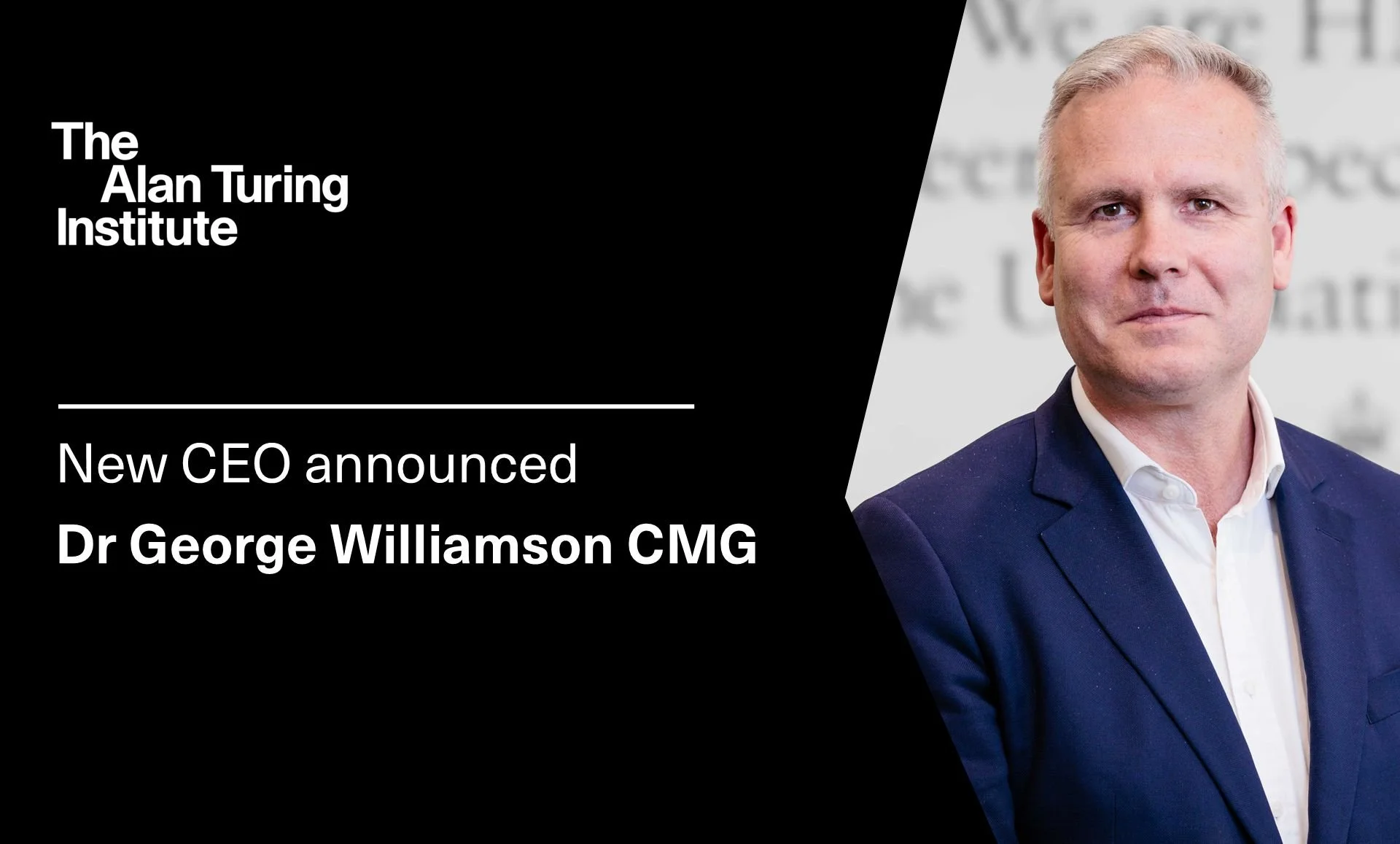UK teachers are still reporting learning gaps, five years post-Covid pandemic, according to new ParentPay Group report
Online payment and communication software provider ParentPay Group has shared the results of its Generation Catch Up 2.0: The Research Revisited report, finding 86 percent of UK education professionals are still seeing learning gaps created by the Covid-19 pandemic.
More than half (53 percent) of education professionals described the impact of the pandemic as “major”, rising to 60 percent for school teachers.
The age groups most affected by pandemic-related learning gaps are Year 10 and Year 11 - two of the most critical years for GCSE learning.
The research also found that nearly half of teachers (46 percent) estimate the learning gap to be equivalent to between half one academic year and two full academic years. More than one-in-ten (13 percent) of primary school teachers said the worst affected pupils are more than two academic years behind.
The most significant factors negatively impacting pupils’ learning since the pandemic were found to be poor behaviour (31 percent), mental health and wellbeing (22 percent) and parental engagement (19 percent) in both primary and secondary schools.
“Despite being five years on from the pandemic, our research shows that families, schools and pupils are still feeling the impact,” says Louise Pink, former headteacher and Account Manager at ParentPay Group.
“Absenteeism continues to be a significant challenge, along with the ongoing impact of rising mental health concerns, closing the gaps in learning, supporting and engaging with parents and carers, and tackling pupil behaviour, which continues to affect the day-to-day school improvement drive.
“Early intervention and targeted support for families can make fundamental differences to outcomes for pupils, both academically and for their overall well-being.”
The issues raised in the research were more pronounced in schools operating in areas of deprivation, as measured by the proportion of pupils eligible for free school meals. In the most deprived areas, 41 percent of teachers reported that “far too many” children are falling behind, compared to just 12 percent of teachers in the least deprived areas.
Pink added, “As the ramifications of the pandemic continue to impact pupil learning, addressing these challenges and digging deeper into the data to understand patterns, target intervention, and build skills is essential.
“Teachers are actively trialling new ways to promote enhanced well-being in their classrooms, taking a trauma-informed approach to managing challenging behaviour and implementing new strategies to strengthen parental engagement and raise attendance levels.”





















